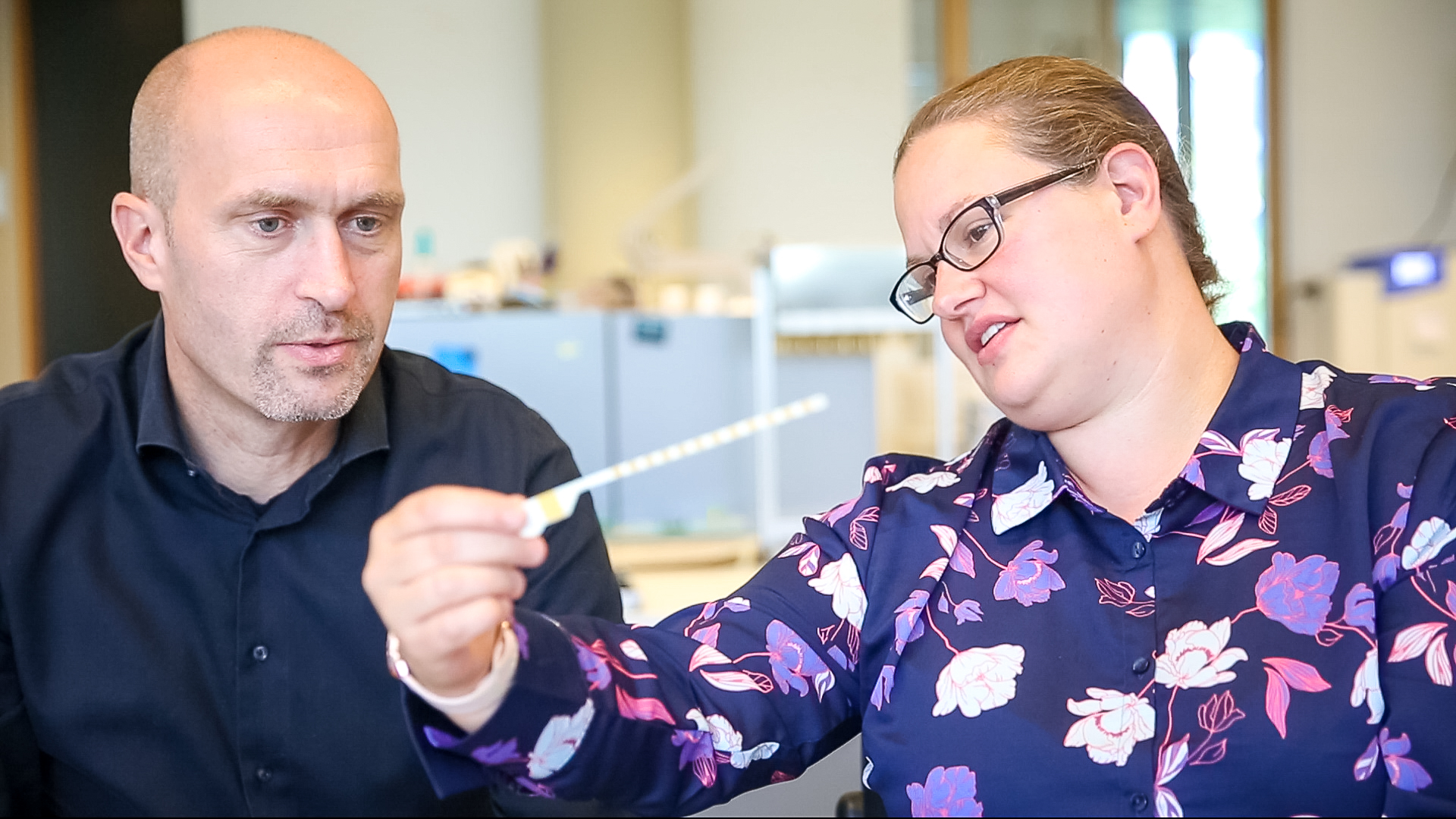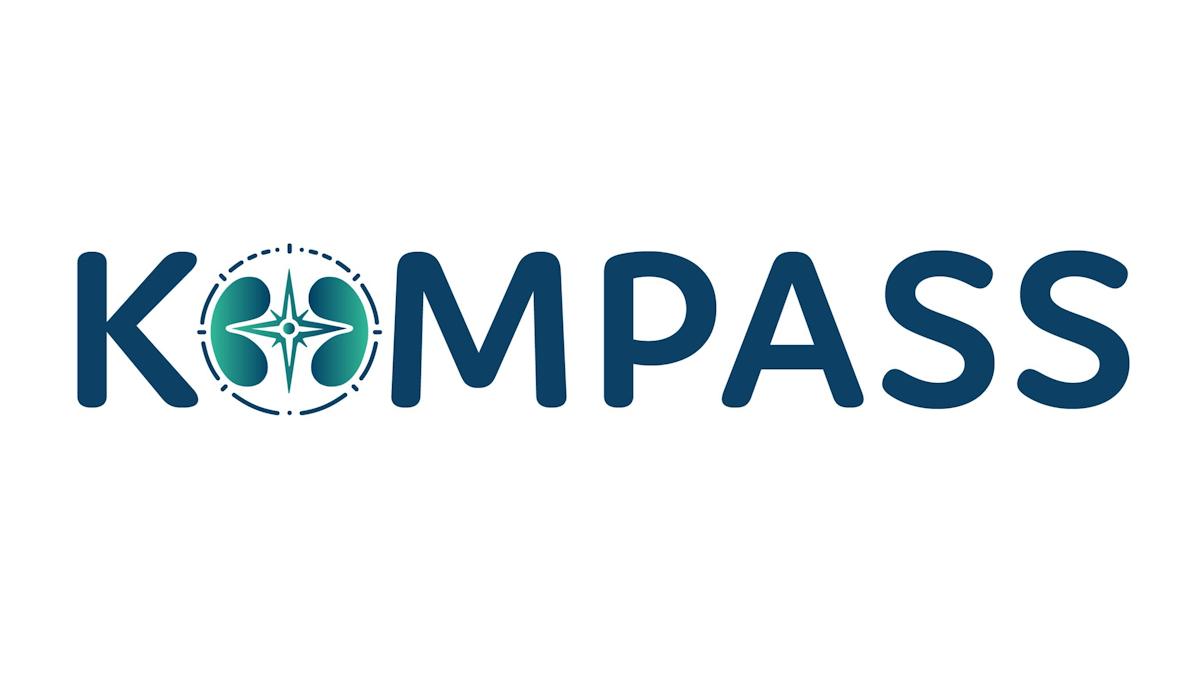Salvia's migraine implant could be breakthrough, says FDA

An implantable neurostimulation migraine device from Salvia BioElectronics has gained Breakthrough Device Designation from the FDA.
Traditional neurostimulation systems are not designed to be compatible with the anatomy of the head, so Netherlands-based Salvia has developed flexible bioelectronic foils (pictured) that could be inserted below the skin in a minimally invasive procedure.
Breakthrough Device designation is reserved for potential products that could offer an improvement over existing therapies for a serious disease, in terms of safety and efficacy.
The designation allows Salvia to have more frequent interactions with FDA regulators when preparing filings, with the possibility of a faster review of trial data.
The decision from the FDA follows Salvia’s 26 million euro ($30 million) fundraiser in September to fund further development of the therapy.
Migraine is the first cause of disability in under 50s, affecting one out of seven people, predominantly women.
People with migraine experience episodes of throbbing, pulsating pain, sometimes accompanied by nausea, vomiting, and sensitivity to light, that can last anywhere from a few hours to a few days.
More than 5% of patients suffer from chronic migraine, where they experience migraines for an average of 22 days per month.
The Series A investment round was led by Panakès Partners, INKEF Capital and SHS Gesellschaft für Beteiligungsmanagement with participation from BOM Brabant Ventures, Thuja Capital and Dolby Family Ventures.
The total raised includes a 5m ($5.78 million) euro deferred risk-bearing Innovation Credit from the Netherlands Enterprise Agency (RVO, part of the Dutch ministry of Economic Affairs and Climate Policy).
A group of drugs known as calcitonin gene-related peptide (CGRP) inhibitors have recently been approved to prevent or reduce attacks.
However there has been limited progress to find new treatments for migraines for patients with chronic disease.
The most common treatments are antidepressants, beta blockers, anti-seizure medications, painkillers and even botulinum toxin.













